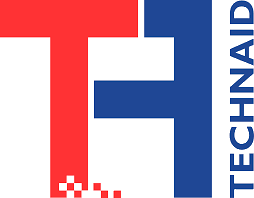This week we have been carrying out in our offices several tests within the framework of the EXTEND project, with our colleagues from the Neurorehabilitation Group of the Cajal Institute (CSIC).
These tests will serve to improve the experimentation protocols to be applied from next week, which is when a new cycle of experiments with spinal cord injuries is scheduled to begin. This is a great step for the project since it is the formal step from the development part to the experimentation part and therefore the one in which part of the efforts made to date will be tested.
The EXTEND project, in which, in addition to us and the Neurorehabilitation Group, the following participate: Imperial College London, Pompeu Fabra University in Barcelona, the German Fraunhofer IBMT, the Icelandic company Ossür, the Shirley Ryan Ability Lab in Chicago, the Institute of Philosophy of the CSIC and the Health Services of Madrid (SERMAS) and Castilla la Mancha (SESCAM), consist in developing the novel concept of hyperconnected bidirectional neural systems (BHNS) to expand the capabilities of neural interfaces with minimally invasive communication links between multiple nerves in the body and multiple external devices.
For Technaid it is a privilege to be able to work closely with great specialists in the field, as well as to contribute our bit to achieve such ambitious goals. In this case with two of our products, our motion capture system (Tech-MCS) and our lower limb exoskeleton (Exo-H3). We will keep you up to date with future developments.
Greetings.
EXTEND is funded by the European Union’s Horizon 2020 programme under the code of agreement 779982.

